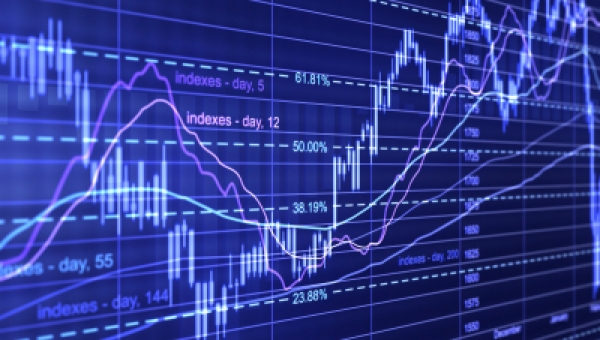With the world of stocks being a hopelessly complex arena for many would-be traders, many are turning to the comparatively simple world of currency exchange in the hopes of making a fortune. The numbers testify to the success of this business, as the foreign currency exchange industry sees $4 trillion dollars worth of financial instruments change hands everyday.
However, all that cash floating around tends to attract more than its share of unsavoury characters, making it important for you to know how to choose a good forex broker. What do you need to know to get involved in this business, while staying safe at the same time? The initial steps listed below will get you in this lucrative game on the right foot…
Are they registered with the Australian Securities and Investment Commission?
Compared to other sectors of the finance world, forex trading has long had a checkered reputation when it comes to dishonest and shifty brokers. By Australian law, all retail forex brokers are required to have a license through the Australian Securities and Investment Commission (ASIC) in order to offer financial products to the public.
This ensures that the oversight and transparency necessary for an atmosphere of trustworthiness to reign, allowing would be forex traders to act with confidence when conducting their transactions.
How tight or loose are their spreads?
While some brokers charge commissions, they are rapidly being squeezed by upstarts that have eschewed that business in favour of establishing a spread between the price at which they buy a certain currency, and the one at which they sell it to customers like you.
While commonly traded currencies like the Australian dollar and the Euro have tight spreads that are similar across the board, ones that change hands less frequently, like the Iraqi Dinar will have spreads that vary widely from broker to broker.
The wider the difference between the buy and sell price, the harder it will be for you to turn a profit, so be sure to compare forex brokers using this metric, as going with dealers that offer the tightest spreads consistently across a basket of currencies will increase the probability of you making a big fat profit for your bank account.
Do they have reliable customer service?
At some point (especially if you are new to forex), you’ll need help with something that confuses you, or some malfunction with a trade that might end up costing you a lot of money if it not resolved in a satisfactory manner.
The best forex brokers offer 24 hour customer service, and real humans on the other end of the line. The last thing you want is a never-ending series of automated menus (or worse, a message telling you to call back in the morning) when thousands of dollars of your money hangs in the balance, so make sure that your provider have a customer service team that will treat you right.
Is their software interface user friendly?
While most of us get irritated by poorly designed websites and software, this same lack of attention to detail can cost a forex trader a small fortune when they can’t figure out how to end a position that has gone pear-shaped in a hurry.
The best forex brokers provide a trading interface that allows their customers to enter and exit trades with ease (some even include panic buttons that halt all positions with a single click), making forex trading significantly less scary than it appears with programs that are more spartan and complex in their arrangement.
